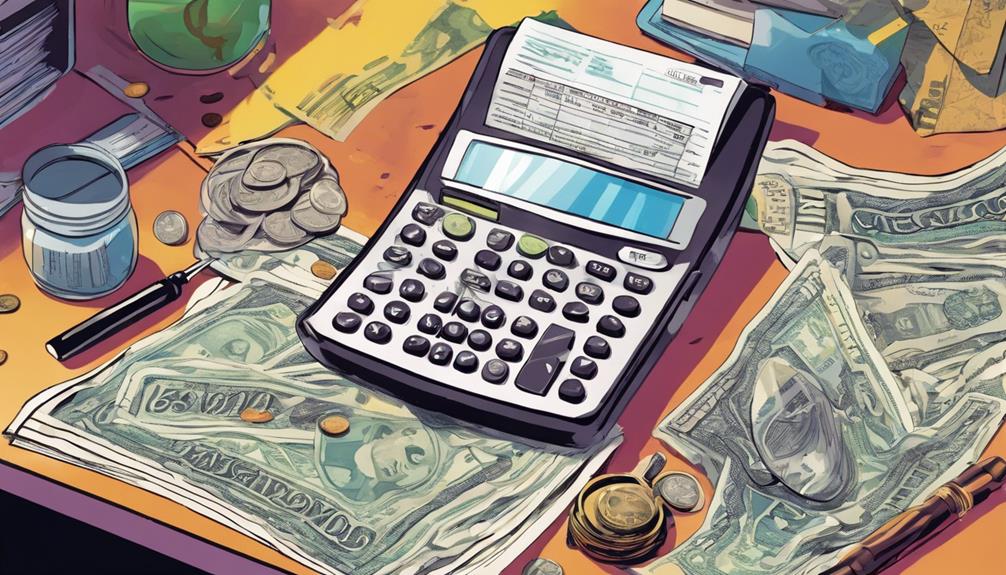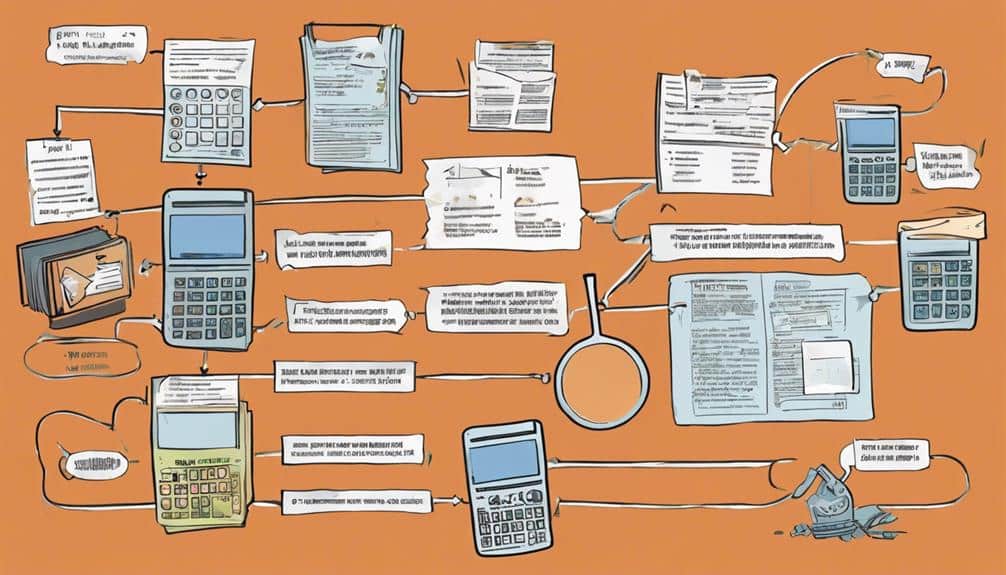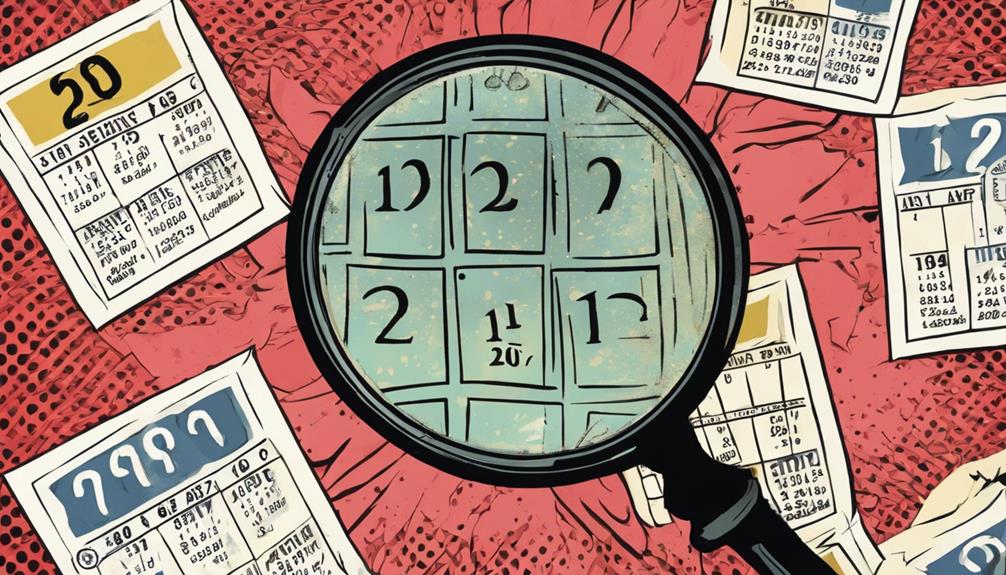In exploring the complexities of tax laws, knowing the potential tax rebates available is essential. One such provision is the rebate under Section 87A, providing relief to certain resident individuals.
While it may seem overwhelming, understanding its eligibility criteria, calculating taxable income, and knowing how to claim this rebate could result in considerable tax savings.
As we delve deeper into this topic, we will uncover how to leverage this section effectively.
Understanding Section 87A

Section 87A’s primary function is to provide a tax rebate to resident individuals whose taxable income falls below-specified limits, acting as a financial support mechanism for those with lower taxable incomes.
This tax rebate under section 87A can be claimed by eligible individuals whose total income does not exceed Rs. 7,00,000 in the financial year 2024-25 under the new tax regime. The maximum rebate permissible is Rs. 25,000 or the tax amount due, whichever is less.
To leverage this benefit, taxpayers need to accurately calculate their taxable income post-deductions, ascertain their tax liability based on the relevant rates, and claim the rebate when filing their Income Tax Return (ITR).
This rebate effectively serves to lessen the tax burden for those in lower income brackets.
Eligibility for Tax Rebate

Certain eligibility criteria must be met to qualify for the tax rebate under Section 87A. These criteria primarily focus on the individual’s residency status, age, and total taxable income. The tax rebate can be claimed by resident individuals, with senior citizens between 60 and 80 eligible.
The following points summarise the key eligibility criteria:
- The rebate is only applicable to resident individuals.
- Senior citizens aged between 60 and 80 years can claim the rebate.
- Super senior citizens aged above 80 years are not eligible for the rebate.
- The individual’s taxable income should not exceed the specified limit.
Calculation of Taxable Income

Understanding how to calculate taxable income is essential in claiming the rebate under Section 87A. The process involves subtracting eligible deductions from your total income, ensuring the taxable income does not exceed the threshold limit. This calculation helps determine the rebate amount and the tax benefit you can claim.
Here’s a simplified approach:
| Step | Action | Result |
|---|---|---|
| 1 | Calculate total income | Gross Income |
| 2 | Subtract deductions | Net Taxable Income |
| 3 | Check if below the threshold limit | Eligibility for Rebate |
| 4 | Calculate tax liability | Tax Payable |
| 5 | Claim rebate under Section 87A | Tax Benefit |
Steps to Claim Rebate

In the process of claiming a rebate under Section 87A, there are several key steps that one must meticulously follow to determine and maximize tax benefits accurately.
- Begin by calculating your gross total income. It’s important to subtract any eligible tax-saving investments.
- Deduct tax deductions from the resultant figure to arrive at your taxable income.
- Next, estimate your gross tax liability without including any cess.
- Finally, claim the rebate under Section 87A on your gross tax liability to determine your net tax liability.
Make sure to claim a maximum rebate of Rs. 12,500 under Section 87A for the relevant assessment year. Carefully following these steps can simplify the process of claiming your rebate and optimizing your taxable income.
Explore the earning potential in India’s banking sector with this detailed article on Investment Banker’s Earnings in India.
Rebate for Previous Years

Shifting our focus to earlier fiscal years, the rebate provisions under Section 87A showed considerable differences regarding eligibility and rebate amount.
For FY 2018-19 and FY 2017-18, residents with a total income below Rs 3,50,000 were qualified for a rebate amount of Rs 2,500. This rebate, including health and education cess, was applied before, notably impacting the final tax liability. Non-residents, Hindu Undivided Families (HUFs), and firms were not entitled to claim this rebate.
Notably, senior citizens aged between 60 and 80 could avail of the rebate, but super senior citizens above 80 were exempted. These variations in the past years underline the dynamic nature of tax provisions, making it essential for taxpayers to keep abreast with the changes.
Impact of New Tax Regime

The advent of the new tax regime under Section 87A has greatly increased the income threshold for claiming the rebate, marking a substantial impact on the tax liability of eligible individuals. This change can potentially enhance tax savings for a substantial number of taxpayers.
- The income threshold for claiming the tax rebate under section 87A has been raised to Rs. 7,00,000, opening up this benefit to a larger group of taxpayers.
- Eligible individuals can now claim a higher rebate of Rs. 25,000 or the amount of tax payable, whichever is lower.
- This increased rebate limit may substantially reduce the overall tax burden for many taxpayers.
- Understanding this new tax regime is paramount for individuals seeking to maximize their tax savings through the Section 87A rebate.
Common Mistakes to Avoid

While the enhanced threshold and rebate under section 87A present an opportunity for increased tax savings, it is equally important to avoid common errors that could inadvertently lead to penalties or missed rebates.
Importantly, exceeding the threshold limit of taxable income for the relevant financial year could disqualify you. Hence, calculate your gross income precisely and deduct any tax-saving investments to determine your taxable income. A common mistake is miscalculating eligibility by not including all income sources or incorrectly applying deductions.
Also, claiming the rebate while your income surpasses the limit is a mistake.
Provisions for Non-Residential Indians

Contrary to the benefits given to resident individuals, Non-Residential Indians (NRIs) are not eligible to claim a rebate under Section 87A. The rebate eligibility criteria designed for resident individuals do not extend to NRIs, even if their taxable income falls within the specified limits.
- NRIs are excluded from Section 87A rebate benefits.
- This clause applies regardless of NRIs’ taxable income.
- The rebate eligibility criteria are unique to resident individuals.
- NRIs have different provisions under the Income Tax Act.
Given these complexities, it is recommended that NRIs consult with a tax advisor to understand their tax liabilities and potential benefits in India. Being well-informed can help NRIs optimize their tax planning and comply with the Indian tax laws effectively.
Frequently Asked Questions
How Do I Show Rebate Under Section 87a?
To show a rebate under Section 87A, calculate your taxable income, ensuring it’s within the threshold. Apply deductions, determine tax liability, and then claim the rebate while filing your Income Tax Return (ITR).
What Is the Rebate for the New Tax Regime?
Under the new tax regime for FY 2024-25, individuals with taxable income up to Rs. 7,00,000 can claim a rebate under Section 87A. The rebate amount is Rs. 25,000, or the tax payable, whichever is lower.
What Is the Section of Tax Rebate?
The tax rebate section under discussion is Section 87A of the Income-tax Act. It provides a rebate to eligible resident individuals with taxable income up to specific limits, subject to certain conditions.
What Are the Deductions Under the Old Tax Regime?
Under the old tax regime, deductions include those under sections 80C to 80U, covering investments like PPF, EPF, life insurance premiums, medical insurance, education loan interest, home loan interest, HRA, LTA, and standard deductions.
Conclusion
To conclude, understanding and utilizing Section 87A for claiming tax rebates can greatly ease the tax burden for eligible individuals. Accurate computation of taxable income, understanding eligibility criteria, and adhering to the process of claiming rebates are critical.
Awareness of the impact of the new tax regime and the provisions for Non-Residential Indians is also essential. Avoiding common mistakes can guarantee a smooth and successful claim of the tax rebate under Section 87A.














FIND US ON SOCIALS